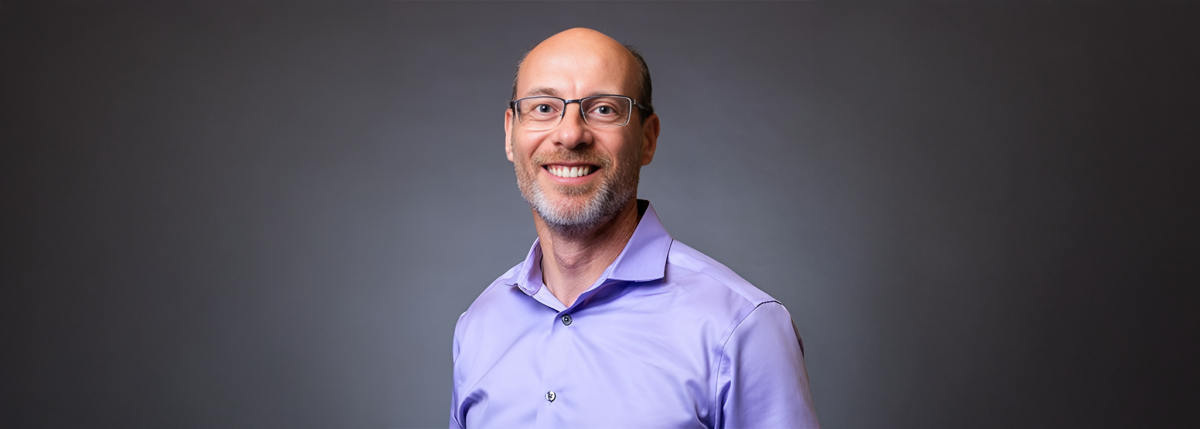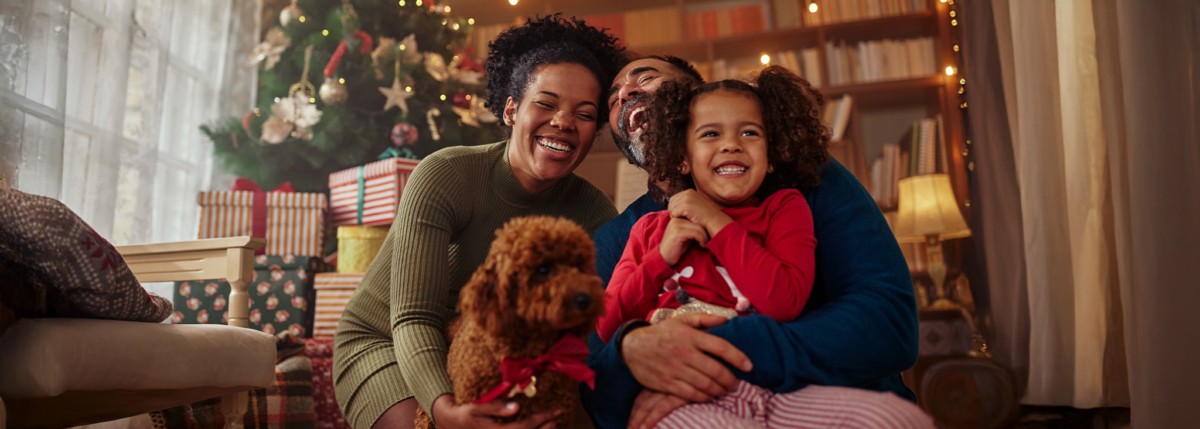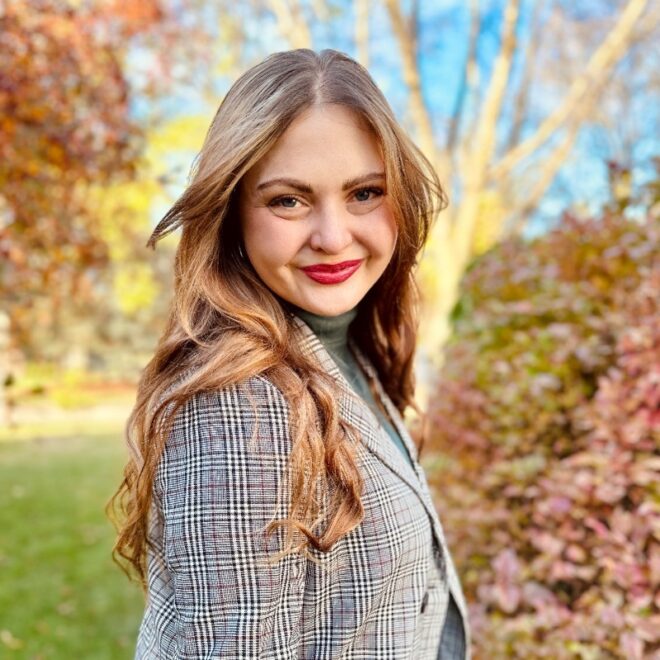‘Purple Hearts’: How the Creators Tackled Diabetes Representation in the Film
Written by: Julia Flaherty
7 minute read
July 29, 2022
Editor’s Notes: Need help accessing insulin in the United States? Visit GetInsulin.org to create a customized access plan—find copay cards and assistance programs you may qualify for based on your location, types of insulin you use, income level and insurance coverage.
This article contains spoilers for the Netflix film “Purple Hearts.” Read our review of the film and its representation of life with type 1 diabetes here.
“Purple Hearts”—a new movie on Netflix—tells the story of a young woman named Cassie who works as a waitress while trying to make it in the music industry. Diagnosed with type 1 diabetes just six months ago, she finds herself struggling to afford the costs of managing her diabetes, going to extreme measures to try to access the right diabetes tools and medications to keep herself alive.
To build this character and ensure a realistic and normalized representation of type 1 diabetes, Sofia Carson, lead actress and an executive producer on the film, and director Liz Rosenbaum heeded guidance from Laura Pavlakovich of diabetes non-profit You’re Just My Type after watching “We Either Buy Insulin or We Die” by The NY Times.
“We watched that NY Times documentary and felt very moved,” Rosenbaum said. “Sofia asked us if we could contact one of the women that was interviewed in the piece because she reminded us of Cassie. She was a photographer—someone in the arts—with all of these cool tattoos, and she reminded us of the essence [of Cassie]. She was really helpful for Sofia.”
Drawing from real-life experiences to mold Cassie
“Laura was instrumental to me,” Carson explained to Beyond Type 1. “I asked her every question I could possibly think of: How did it feel at your initial diagnosis? What does the day-to-day look like? …her transition to the insulin pump from injections—all of those details.”
Pavlakovich’s advice helped Carson understand how to act when Cassie experienced severe high and low blood sugar levels.
“I think we were all truly blown away by how all-encompassing having type 1 diabetes is and how unfair it is that there are so many young people like Cassie who simply can’t afford the insulin they need to survive,” Carson said.
Rosenbaum credits Carson for leading the charge in ensuring Cassie’s type 1 diabetes experience was built with rawness and fact. And if you’re paying close attention while watching “Purple Hearts,” you’ll see a “Just My Type” bumper sticker on the back of Cassie’s beat-up car.
Understanding the emotional side of type 1 diabetes
Pavlakovich wasn’t the only type 1 diabetes influence in the film. Actress Breana Raquel—who plays Riley, Frankie’s girlfriend—lives with type 1 diabetes in real life. When she auditioned, she wasn’t aware that type 1 diabetes was a central part of the “Purple Hearts” narrative, having only read from a small part of the script to earn her role.
The rest of the cast and crew didn’t know she had type 1 diabetes either until they were all on set, and she introduced herself and her insulin pump technology.
Raquel formed a close bond with Carson during the filming process, providing details on the emotional side of living with type 1 diabetes. The technical side of the disease was up to the film’s medical team to guide.
Ensuring the technical accuracy of type 1 diabetes
Despite a limited budget, the cast and crew recruited Dr. Michael Metzner, a medical doctor who has served as an advisor on television shows like “Grey’s Anatomy.”
“He was there on set with us every day when we were shooting diabetes-related material,” Rosenbaum assured. “He was really helpful, and he also understands film where you have to make sure it translates in the moment.”
Medtronic—an insulin pump manufacturer—also played an important part in the production process. Heather Lackey, MS, RD/LD, CDCES, BC-ADM, senior principal clinical specialist for Medtronic Diabetes who also lives with type 1 diabetes, was put into a scene with Carson where she improvisationally showed her how to use an insulin pump—earning Lackey film credit as a medical Marine in a Naval hospital.
“We filmed it as she was walking Sofia through the process,” Rosenbaum explained. “[Sofia] was literally doing it for the first time. It was so remarkable and such interesting technology—that you can be regulated much more carefully. When Sofia hugged [Heather] at the end, it was all legitimate. It was all live. There was no script there.”
The path to normalizing type 1 diabetes in film
This wasn’t Rosenbaum’s first time encountering type 1 diabetes in the film industry. Before “Purple Hearts,” she saw how Nick Jonas, multi-talented entertainer and Beyond Type 1 co-founder, managed his type 1 diabetes behind the scenes.
“I did a movie with Nick Jonas many years ago, and [there were] some sex scenes that we’d actually have to plan in advance…” Rosenbaum said. “He’d have bruises on the side where he was wearing it, so we’d have to plan so he could let those bruises heal…I thought it was so interesting because there are things behind the scenes you don’t realize until you experience it.”
Rosenbaum attempted to capture a similar experience in Cassie, but the film had to be cut for time.
“[We] shot a scene where after sex, Cassie puts her insulin pump back on,” Rosenbaum said. “Heather was really excited about these details you don’t normally get to see that are such a part of our lives that we wanted to capture and normalize so people could understand it…we were sad to have had to cut that.”
“Purple Hearts” captures many relatable type 1 diabetes moments.
Some of these moments include:
- When Cassie is at the pharmacy explaining the dangers of not being able to refill her insulins to the pharmacist
- When she grabs glucose gel off of her kitchen table
- When Cassie’s insurance denies her a refill of her prescriptions
- When she retreats to her car to check her blood sugar levels with a meter
The film’s primary storyline—marrying illegally for healthcare benefits to survive—is inevitably a position many people with diabetes have considered for their survival.
“Purple Hearts” aims to leave viewers feeling informed + compelled to act
“Sofia and I were both really excited to explore and bring to the forefront the healthcare crisis in general,” Rosenbaum said. “Every person, especially in a nation like ours…deserves proper healthcare.”
“I feel like we as artists and filmmakers carry a certain responsibility to use our voices and platforms for art to do good and make a change,” Carson said. “To be a part of this conversation, in this day, and to shed a light on the healthcare crisis in this country and on the importance of equal access to healthcare, was tremendously important to us.”
“Cassie has to resort to such extremes and break the law in order to survive,” Rosenbaum explained. “I love the fact that it wasn’t preachy but bringing it to the forefront. For me, that’s the most fundamental and basic story point that I hope people take away.”
Raquel attests to this, saying she was “so emotional” when she discovered that type 1 diabetes was a central part of the narrative.
“Cassie goes through such extreme measures,” Raquel said. “Her story is such an important message for people with type 1 and type 2 diabetes to see and hear. For diabetes to be in a movie like this—it’s so big for the diabetes community. And for the general public, it shows what a monster of a disease it is.”
Related Resources

The holiday season is filled with celebrations, family gatherings, and plenty of holiday foods. No...
Read more

Managing diabetes is a complex and often overwhelming journey—even nine years after my daughter's diagnosis....
Read more

The holiday season is all about celebration, family, and joy—with a little chaos sprinkled in...
Read more


